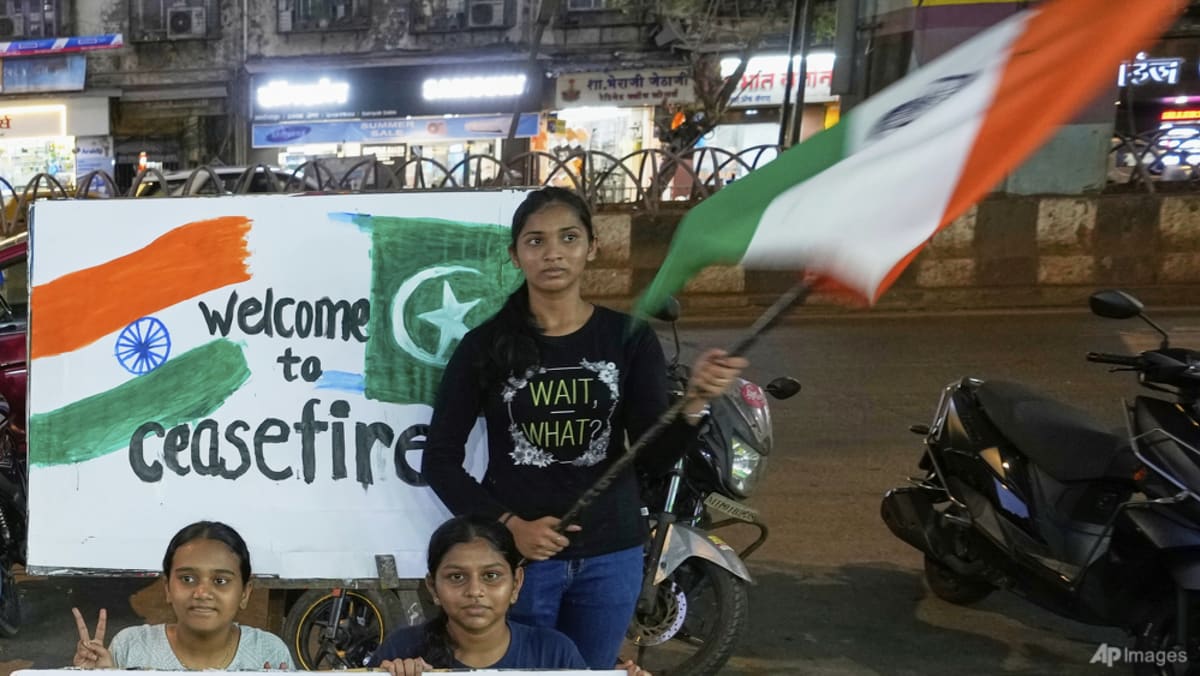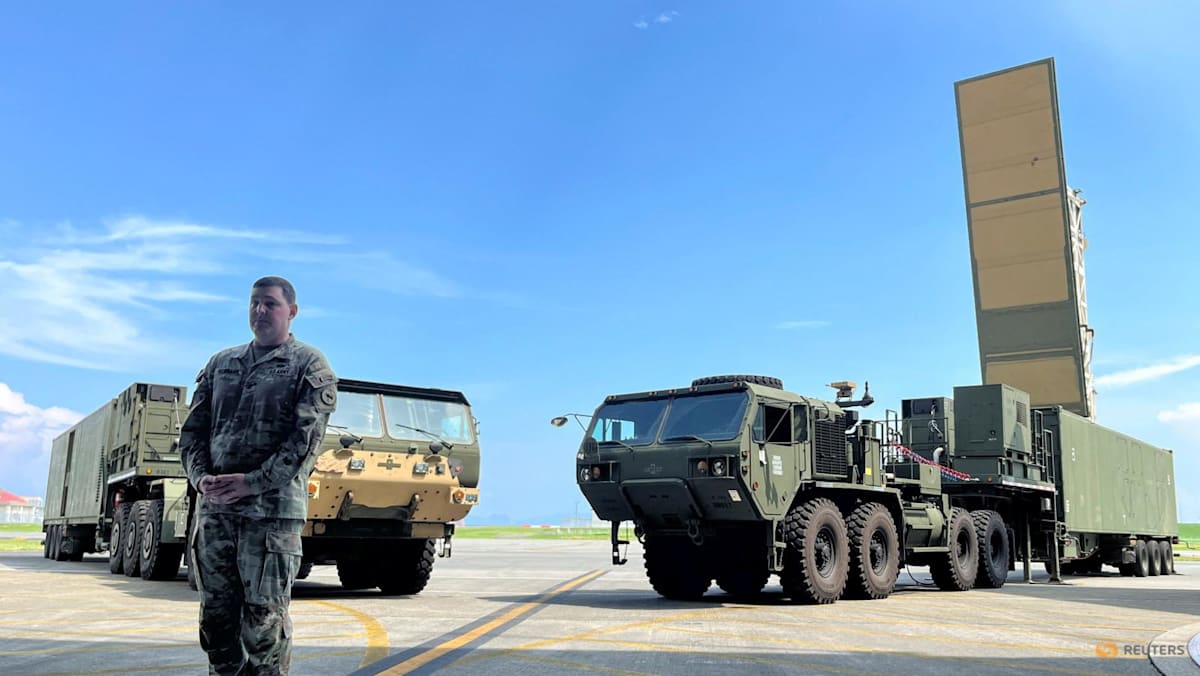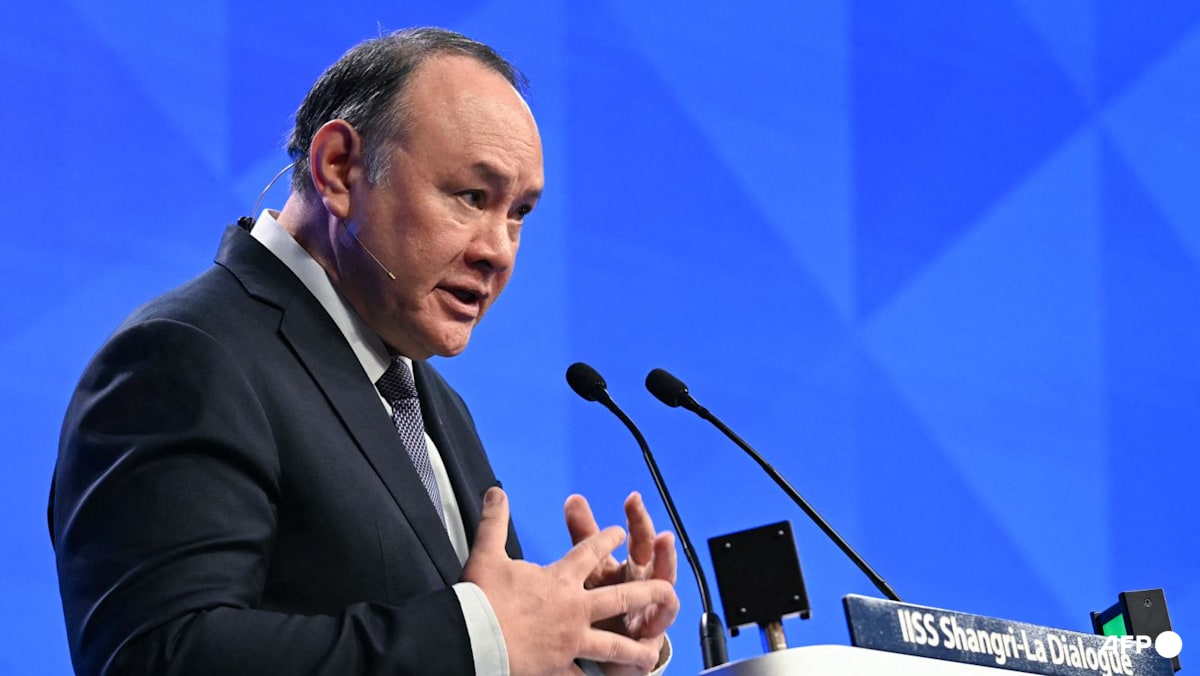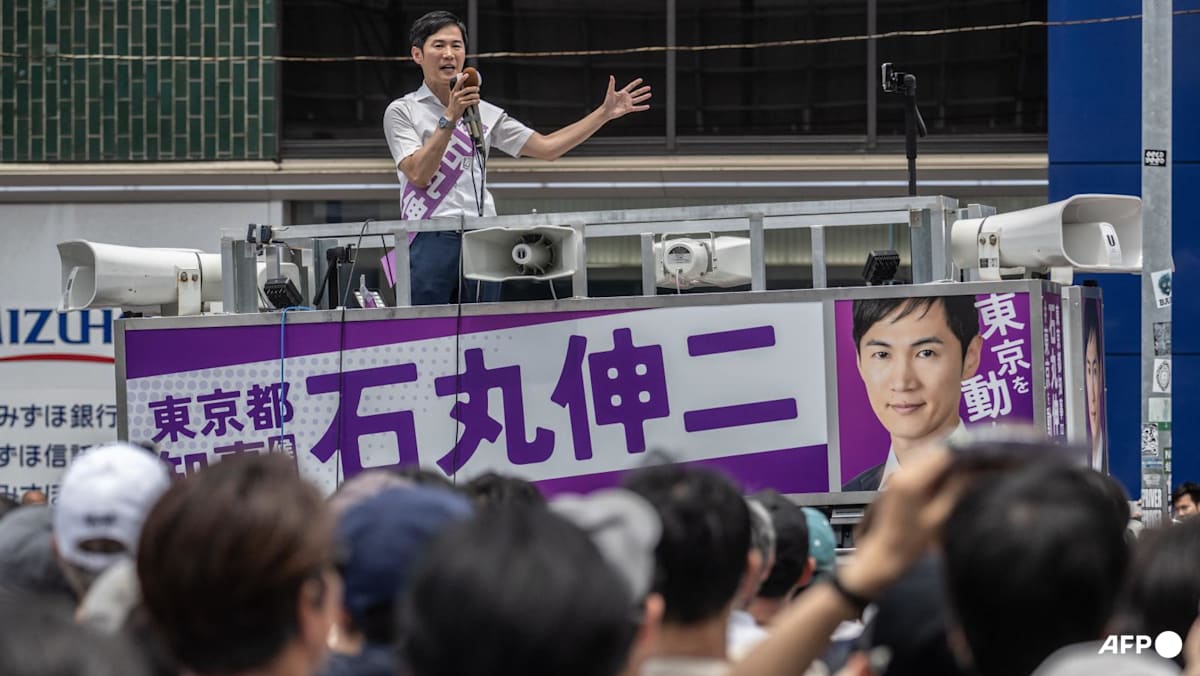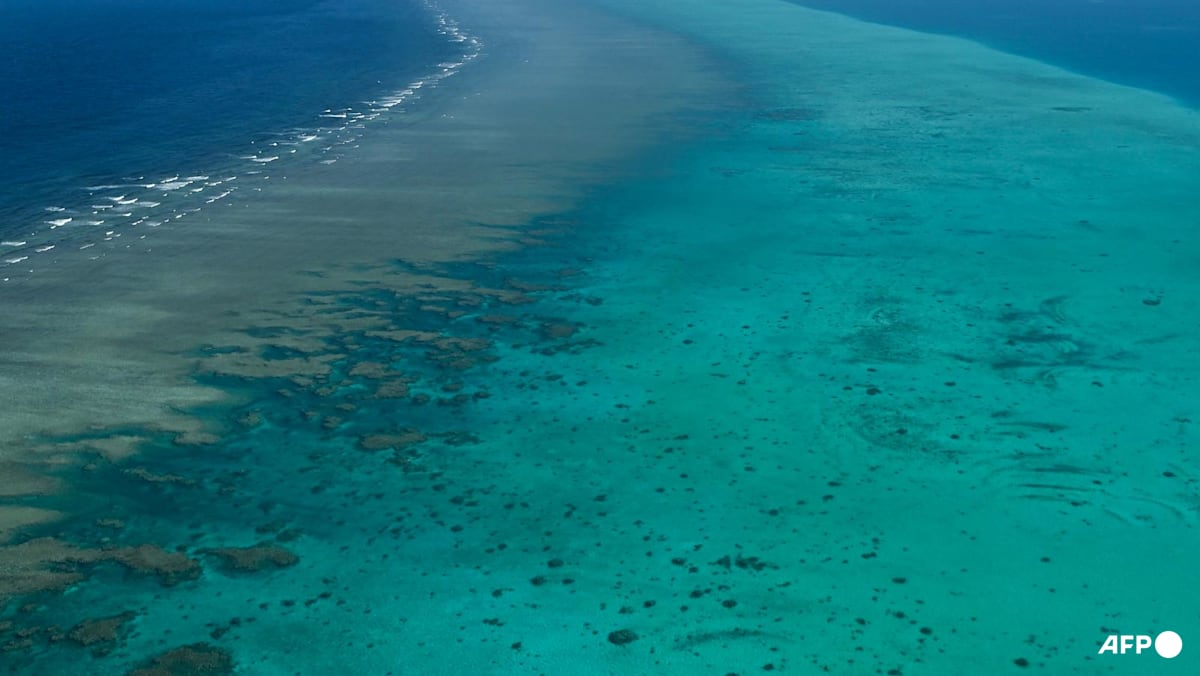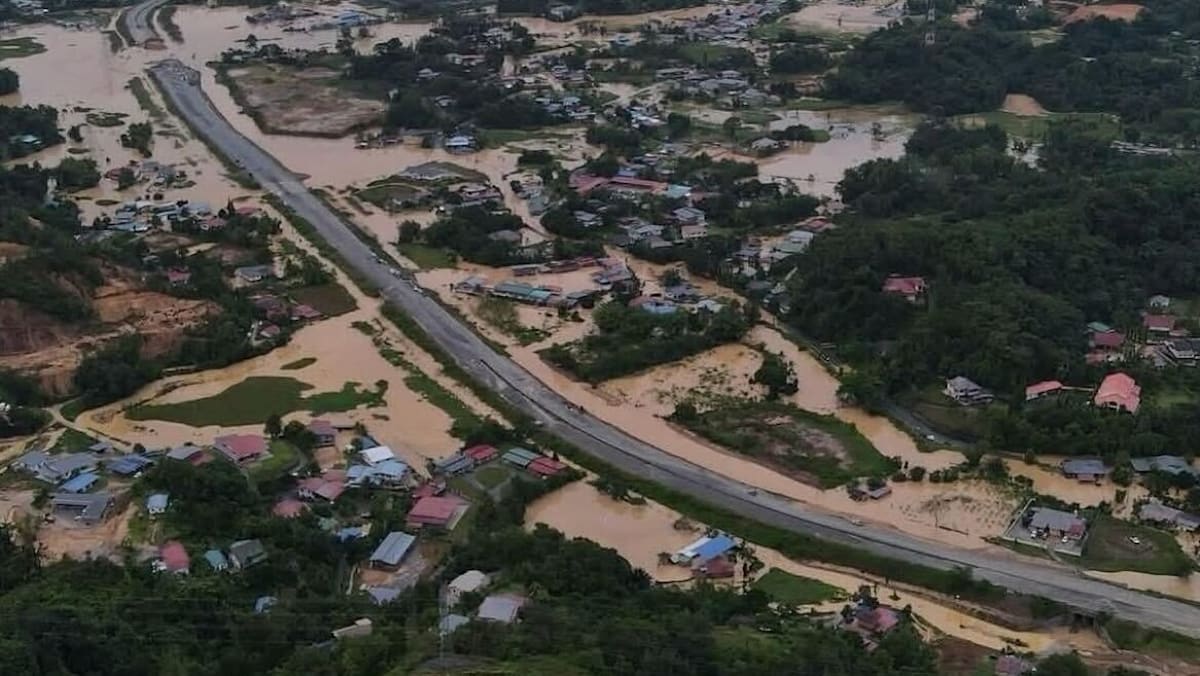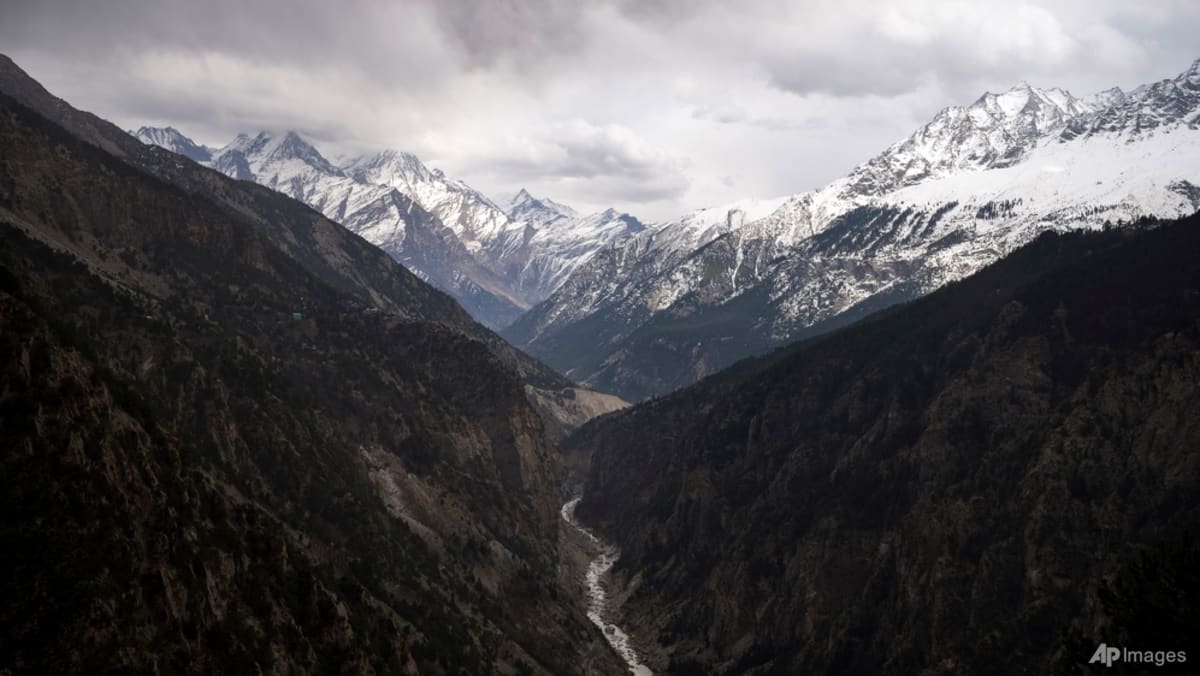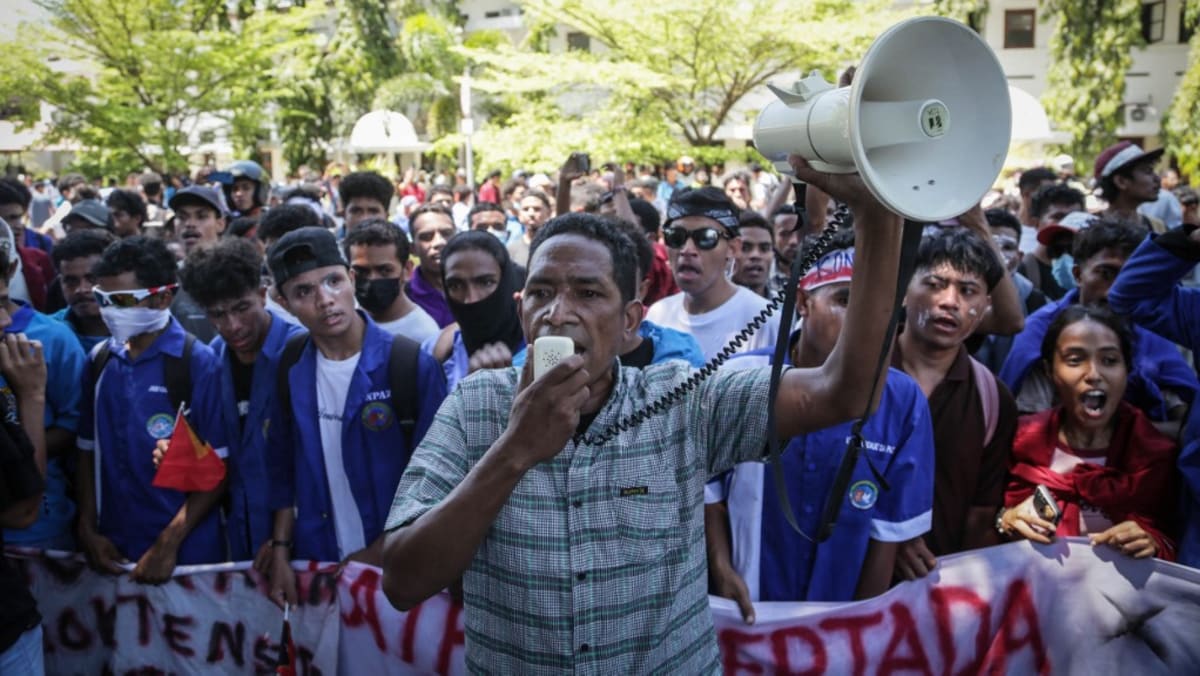Each side offered differing conditionalities on returning to the negotiating table: New Delhi will only discuss the issue of terrorism and Pakistan-administered Kashmir, while Islamabad wants to focus on the water treaty and Indian-administered Kashmir.
Both countries are seeking to internationalise the conflict, but in different ways. For India, the emphasis is on framing Pakistan as the epicentre of global terrorism (with reminders of Osama bin Laden being killed in Pakistan in 2011 and Wall Street Journal journalist Daniel Pearl being beheaded in Pakistan in 2002). For Pakistan, the emphasis is on getting third party “facilitators” rather than “mediators” (given New Delhi’s rejection of third-party mediation).
AMERICA’S DEFAULT RESPONSE
Ultimately, both countries face similar dilemmas in getting their message across to the international community.
For India, the global war on terrorism has lost the resonance it once had, making it difficult for New Delhi to make the case to the world of the severity of Pakistan’s threat to global stability.
For Pakistan, the effort to get United States or Western involvement in India-Pakistan hostilities and the issue of Kashmir is an uphill battle given the plethora of international (and domestic) crises presently confronting Western capitals.
This will not stop Islamabad from trying to do so as demonstrated by Army Chief Asim Munir’s visit to Washington this week, which demonstrates Pakistan’s ability to leverage global issues – from the Sino-US rapprochement in the late 1960s and early 1970s to the Soviet invasion of Afghanistan in 1979 and into the 1980s and the US-led “War on Terror” in the 2000s – to advance its primary foreign policy objective of strengthening its position vis-a-vis India.





